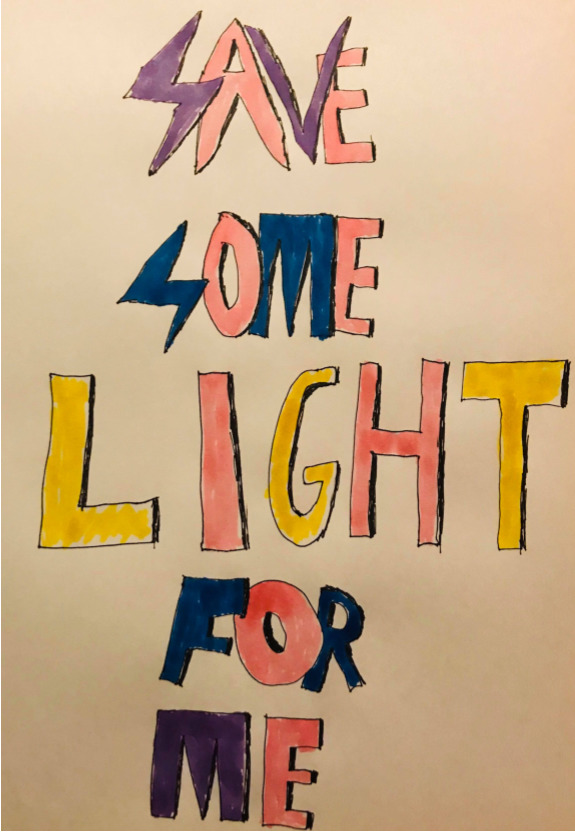I’m on a study project to improve my understanding of roleplaying games. To this end, I already have two reading projects, A Game Per Year and An Adventure Per Year. This is the third, with the goal of reading or playing 52 games made in the last few years. Originally I considered making this “A New RPG Per Week” and that’s where the number 52 comes from, even though a weekly schedule is probably not within my abilities.

Next weekend, I was supposed to be at Fastaval, as a guest of honor no less! Now that everything is cancelled because of the corona virus I decided to alleviate the pain by reading a couple of Fastaval scenarios as part of this reading project.
Evan Torner’s Save Some Light For Me is from last year and won an Otto for best characters. And they’re pretty great, in fact! The scenario draws from a number of sources including Eighties pop music and children’s cartoons. It builds on the subjective experience of playing with toys and fictions like He-Man or Thundercats.
In an afterword, Torner draws out the political thinking behind the game. Although the game is very playful, the question of who owns the products of our childhood imaginations in a world of entertainment megacorporations is lurking beneath the surface. This is a neat trick for any creative work: To be light and airy, but secretly profound.
Playing with action figures as children, we start to build imaginary personas, lives and relationships for them. I did this too, especially with the Action Force toys I liked best. We relate to specific characters and our understanding of romance and sex develops and takes different forms through this play.
Save Some Light For Me is an avowedly queer and poly game. The characters are silly, for example Uni the Unicorn and Garett the asexual wolfman. One thing I especially appreciated in the design of the characters was the way sexuality was dealt with in a nuanced, subtle and deep way without burdening the design. The characters have different preferences and these naturally affect the polycules they form.
The scenario reminds us that when we play as children, we may absorb values from the fictions we consume but we also repurpose them to suit our own needs. When I played with toys, the dreams and fantasies I enacted with them reflected my own personality as much as the values of Action Force.
Recasting He-Man as a queer poly fantasy is the most natural thing in the world because it does the same thing we all did as children with the fictions we were presented: We made them our own.